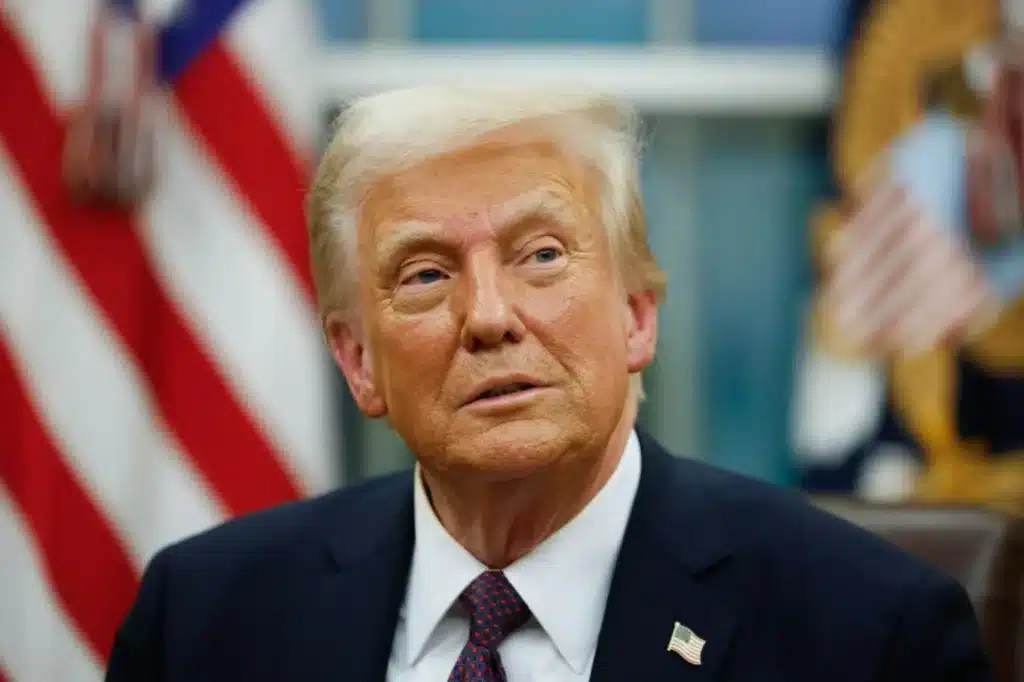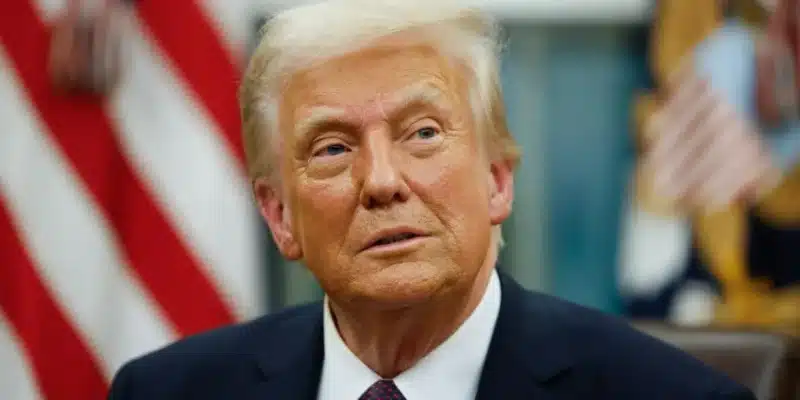
The world’s leading economies remained on high alert Tuesday as U.S. President Donald Trump prepared to unveil a sweeping package of tariffs, raising the specter of a global trade war.
Trump, known for his long-standing support of tariffs, has kept both allies and rivals guessing about the scope and targets of the new measures, but has promised to be “very kind” when he addresses what he has dubbed “Liberation Day” on Wednesday.
Despite hints that the tariffs would be less severe than those imposed on the United States by other nations, uncertainty continues to rattle global financial markets. Stocks remained volatile ahead of the so-called “reciprocal tariffs,” which Trump claims are essential to address persistent trade imbalances.
Investors have been bracing for impact, with Wall Street experiencing a dip on Tuesday while European and Asian markets posted slight gains amid the ongoing uncertainty. Safe-haven assets like gold surged to fresh record highs, reflecting widespread anxiety over the looming announcement.
U.S. manufacturing has already taken a hit, contracting again in March as the potential for a trade war casts a long shadow over economic growth. Both the S&P 500 and Nasdaq recorded their worst quarters since 2022, highlighting the ripple effects of Trump’s aggressive trade strategy.
Major trading partners, including China, Canada, and the European Union, are on high alert, preparing potential retaliatory measures should Trump’s tariffs strike at their economies. China, South Korea, and Japan have even formed a rare alliance to strengthen free trade in the face of mounting U.S. protectionism.
In Europe, Brussels has expressed a willingness to negotiate but warned that “all instruments are on the table” if necessary. Meanwhile, British Prime Minister Keir Starmer has been engaging in “productive negotiations” with Washington in hopes of securing a favorable UK-U.S. trade deal.
Despite the backlash and market jitters, Trump remains resolute, positioning the tariffs as a bold move to restore America’s manufacturing prowess and end what he describes as years of being “ripped off” by foreign competitors.
Last week, he imposed a 25 percent tariff on auto imports and similar duties on steel and aluminum. China has already been hit with an additional 20 percent tariff on all goods, prompting swift retaliatory measures from Beijing.
Although Trump has delayed imposing tariffs on goods from Canada and Mexico, political tensions are rising, particularly as Canada heads into a general election on April 28. Trump’s call for the United States to annex Canada has further fueled controversy and uncertainty.
With the world holding its breath, Trump is set to host a “Make America Wealthy Again” press conference on Wednesday at 4:00 pm (2000 GMT) in the White House Rose Garden, where he is expected to unveil the details of his latest economic offensive.

Comments